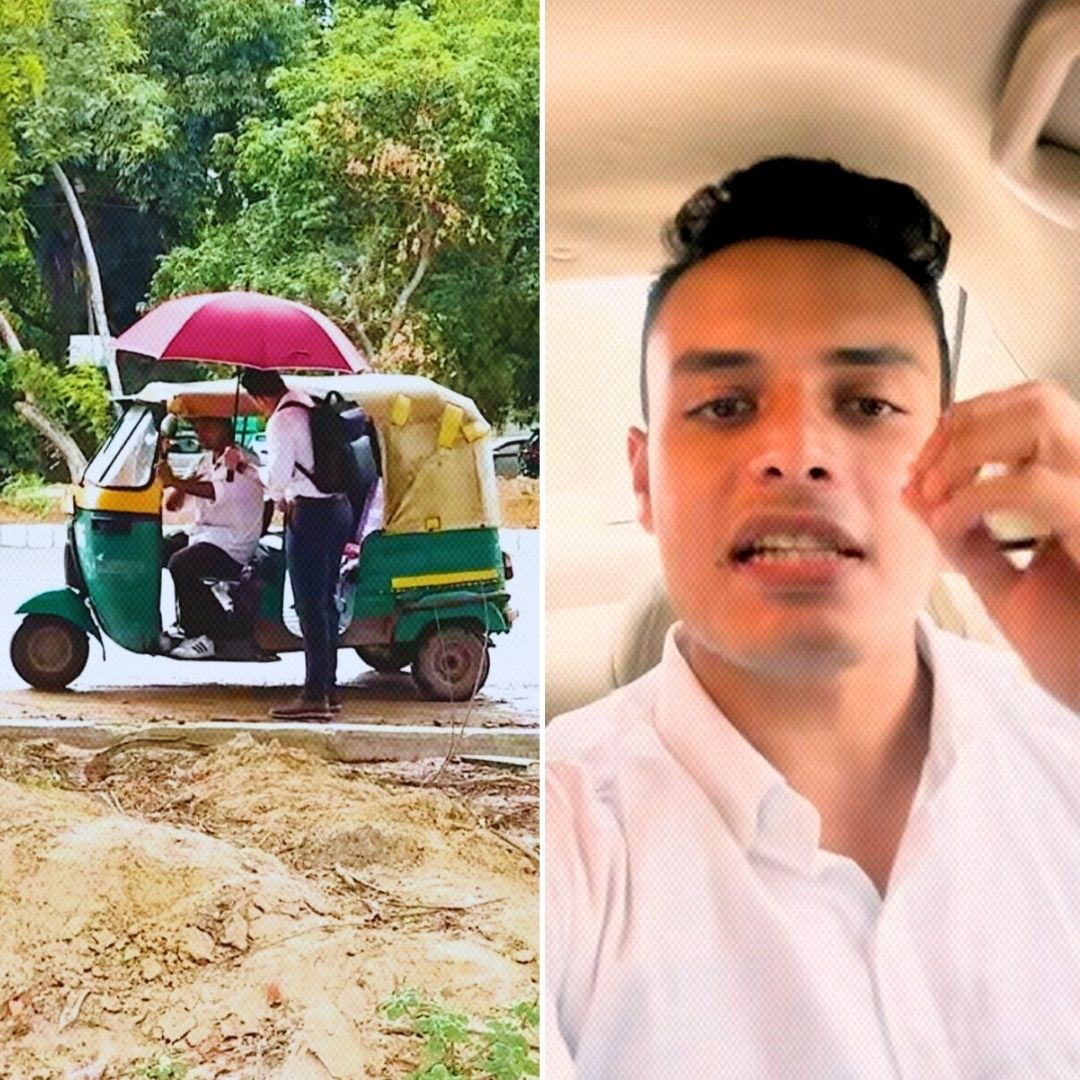A viral video from Bengaluru has reignited public discourse around Karnataka’s ongoing transport issues after a commuter claimed he was charged ₹500 for a 2 km autorickshaw ride. The incident comes in the wake of the state’s bike taxi ban, enforced on June 16, 2025, following a Karnataka High Court order.
In the video, the commuter, identified as Navan Jaiswal (Instagram handle: @wasted.withnavan), appears visibly frustrated as he alleges that the government banned bike taxis to protect the vote bank of autorickshaw drivers. He questions how ordinary citizens are expected to commute when affordable bike taxi services are unavailable and autos, according to him, charge exorbitant fares in their absence.
The ban, upheld by the Karnataka High Court in April 2025, cited safety and regulatory gaps as the primary reasons for declaring bike taxi services illegal under the Motor Vehicles Act. The move has reportedly affected millions of daily commuters and left over 1.5 lakh gig workers without work. While state officials, including Transport Minister Ramalinga Reddy, have defended the enforcement as court-mandated, they have acknowledged ongoing implementation challenges.
₹500 for 2 km: Commuter Voices Public Frustration Over Transport Crisis
Jaiswal’s video, which has garnered significant attention on Instagram, shows him describing the state of transportation in Bengaluru as “a complete mess” and blaming the ban for his recent ordeal. According to his account, autorickshaw drivers have raised fares and often refuse to use meters, making it difficult for commuters to affordably navigate the city. His claims reflect the grievances of many city residents who say they are now facing increased commute times and limited travel options.
Social media platforms, including Instagram and X (formerly Twitter), have seen a surge in posts from users expressing similar frustrations. Some commuters have claimed they’ve turned to delivery apps to book “bike parcels” as a workaround—though these rides are not permitted under the law and lack legal protection.
Legal Basis and Government’s Stand
The bike taxi ban followed an expert committee’s recommendations from 2019, which raised safety concerns regarding the operation of bike taxis. Incidents such as an assault by a Rapido driver on a female passenger in Jayanagar earlier this year further intensified the debate, prompting a renewed push for regulation.
Minister Ramalinga Reddy stated that the government was required to comply with the court’s directive and noted that adequate time had been given to aggregators to wind down operations. He also admitted that certain operators were attempting to bypass the ban by offering parcel services, which has led to increased enforcement action.
Despite these measures, officials say they are open to considering regulatory reforms, provided they ensure safety and comply with legal frameworks.
Impact on Workers and Commuters
According to aggregator platforms, the suspension of services such as Rapido, UberMoto, and Ola Bike has disrupted approximately 16.5 lakh daily rides across Karnataka and affected over 1.5 lakh gig workers who relied on the platform for their livelihood.
Many bike taxi riders have participated in protests since the ban, urging the government to adopt a regulatory approach instead of a blanket prohibition. Reports also suggest that some riders have resorted to continuing operations unofficially by staying in contact with regular customers through messaging apps, despite the legal risks involved.
The introduction of the Motor Vehicle Aggregator Guidelines (MVAG) 2025 by the central government in July offers a potential route for the legalisation of bike taxi services. These guidelines permit the aggregation of private two-wheelers under certain safety and compliance standards. Aggregators have since appealed to the Karnataka government to adopt the central framework and introduce state-level rules that could reinstate services in a regulated and lawful manner.












